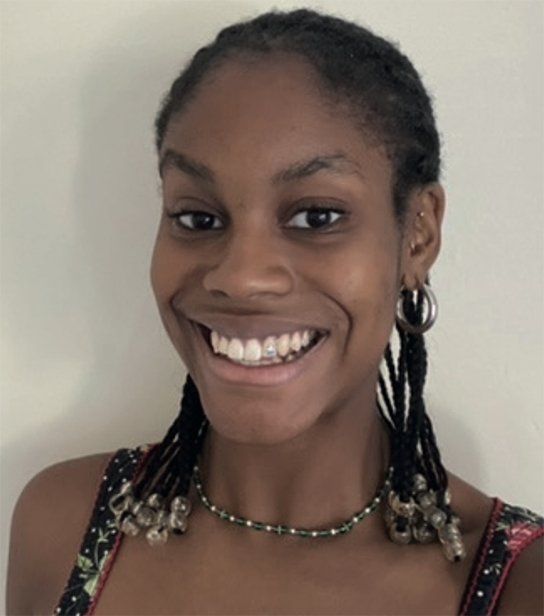Belonging, Passion and Creating Change
Amber shares her experience of her 2021 summer placement at the Steve Sinnott Foundation.
I have been honoured to work alongside the Steve Sinnott Foundation as part of my summer placement for my degree in International Development with Politics. This experience has taught me a range of skills, this included the organisation behind a small charity, how people view charitable work and the many things the charity is working on. However, one of the most important lessons I learnt during my experience was the impact one can have when you truly are invested and enjoy what you are doing.
Working with a small organisation such as the Steve Sinnott Foundation helped me decide what type of environment I would like to work in once I have finished my degree: it made me realise how valuable and special it is to work in a closely- knit organisation. Seeing how colleagues interacted with each other and how passionate they all were about their given cause made me feel optimistic about my future endeavours as I have seen what it is like to work with people who share your views and how that helps create impactful projects and makes you feel like you belong somewhere.
The role of education can also make one feel like they belong somewhere or provide them with a community, hence why I believe education is so important, especially in a constantly globalising world.
It acts as one of the most powerful tools not only to help solve the issues of poverty but also to help connect people from different walks of life: the practice of teaching and learning from others is key in forming life-long connections, understanding different cultures and overall creating a larger space for acceptance.
I definitely experienced this aspect of the power of education while working with the organisation. When working on the Positive Periods Project, I was able to learn about the culture within Sierra Leone and how people there have adapted to the recent pandemic while also working with the Foundation. Bonding over a common experience such as the pandemic allowed the idea of similarity and belonging to come to the fore. However, learning about the education system in Sierra Leone and how the work of the Positive Periods program has helped girls engage more and built an even greater connection, has allowed me to empathise with how the pandemic affected us in different ways.
Part of my placement included providing insight into how young people nowadays view charitable organisations, then helping the Steve Sinnott Foundation incorporate that into their work. My findings showed that despite the pandemic, there is still a great concern for the welfare and education of others. I found this moving as it showed that although we were all experiencing a turbulent and uncertain time, issues that prevailed nationally, like internet poverty preventing children from attending online schools to international issues seen in Sierra Leone, showcased that people of all ages were connected by a greater issue.
Overall, my summer placement with the Steve Sinnott Foundation has been an experience I will never forget as it has helped me establish the fact I do want to be involved in the future of education and making it accessible to all. It has also taught me that you can feel like you belong when people around you share the same desires as you to make a change and with that passion, change is possible.
First published in Engage 23.
If you would like to do a placement at the Steve Sinnott Foundation, get it touch and let us know.





